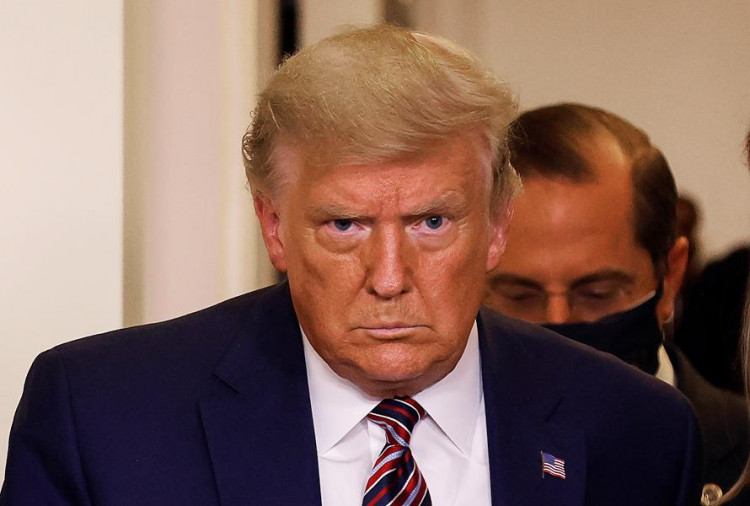A New York Appeals Court has made a pivotal ruling regarding former President Donald Trump and his business operations. Despite denying Trump's request to delay the payment of a $464 million judgment owed to the state, the court has provisionally allowed Trump and his sons, Donald Jr. and Eric Trump, to maintain their roles in managing their business empire during the ongoing appeals process.
This development comes in the wake of a civil fraud case brought against Trump, his family, and the Trump Organization by New York Attorney General Letitia James. The lawsuit accused the defendants of inflating asset values and engaging in fraudulent business practices, leading to a substantial financial judgment against them. Trump, steadfast in his denial of any wrongdoing, has labeled the trial a "witch hunt," maintaining that his financial statements were "perfect" and dismissing the legal proceedings as politically motivated.
The Appeals Court's ruling requires Trump to post a bond for the full amount of the judgment, a condition that Trump's legal team argued could necessitate the sale of significant real estate holdings to meet. The court's decision to allow the Trumps to continue overseeing their business ventures is a temporary measure, pending a more thorough review by the full Appeals Court panel, with briefs from both parties due in the coming weeks.
Trump's defense has been robust, featuring testimonies from top executives and experts like NYU accounting professor Eli Bartov, who defended the integrity of Trump's financial statements. Despite these efforts, the judgment by Judge Arthur Engoron earlier this month found the defendants liable for a range of fraudulent activities, imposing not only financial penalties but also restrictions on their ability to serve as officers or directors in New York corporations.
The ruling has been controversial, with Trump's attorneys arguing it is "draconian" and could severely impact the Trump family's real estate business. They proposed a $100 million bond, contending that a larger amount would be both impossible and unnecessary, given the oversight already in place by an independent monitor appointed to the Trump Organization.
The state's response, as articulated by Dennis Fan of the Attorney General's office, emphasized the risk of the defendants evading the judgment. Fan highlighted past behaviors by the Trump Organization that could indicate a propensity to sidestep financial penalties and argued for the necessity of a full bond to ensure the judgment's enforceability.
As the legal battle unfolds, the case continues to garner significant attention, reflecting the complex interplay between high-stakes business operations and legal accountability. The temporary order allowing the Trumps to remain in business control underscores the ongoing legal considerations and the potential implications for the Trump Organization's future.
This situation marks another chapter in the contentious relationship between Trump and the New York legal system, underscored by the former president's vocal criticisms of the trial's fairness and his accusations against Engoron and James. The outcome of the appeals process and the subsequent legal maneuvers will likely have lasting impacts on the Trump business empire and could set precedents for how similar cases are handled in the future.






